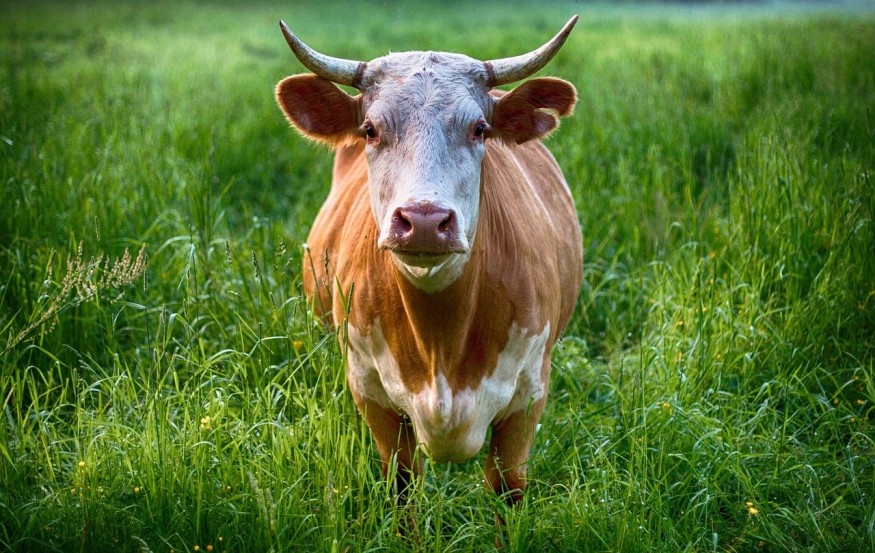Infertility is a prevalent issue globally, affecting one in eight couples, often due to male fertility disorders. However, pinpointing genetic causes in humans is challenging due to limited data on semen quality and molecular markers in healthy men.
To gain insights, researchers, led by Professor Hubert Pausch of ETH Zurich, examined young bulls, exploring the genes influencing their reproductive organs and fertility. The study, titled "Molecular quantitative trait loci in reproductive tissues impact male fertility in cattle" published in Nature Communications, offer a pathway to comprehend genetic factors controlling male fertility, utilizing bulls as a model.

Analysis of Bull Genomics Reveals Potential Diagnostic Applications in Cattle Husbandry
Pausch and his team analyzed the reproductive organ samples from 118 recently slaughtered bulls, including testicles, epididymis, and vas deferens, with the animals sourced for reasons unrelated to the study. The researchers, from the Institute of Agricultural Sciences, characterized the transcriptomes of these tissues, encompassing all messenger RNAs, to identify active genes.
By creating corresponding transcriptome profiles, the team conducted a comparative analysis with humans and mice, revealing numerous genes associated with fertility in bulls. These findings are likely applicable to male fertility in humans, given the evolutionary conservation of reproductive genes across mammals.
The study brought to light genes connected to poor fertility in bulls, particularly those challenging to detect through conventional ejaculate screening. Despite the unconventional choice of cattle as an animal model, their suitability arises from a comprehensive understanding of breeding bull genes and the regular analysis of ejaculate.
The homogeneity of the bull cohort's age simplifies the comparison of data, a significant advantage over potential studies involving men. While the application of these findings to human fertility research remains uncertain, livestock breeders are poised to benefit through improved diagnostics for identifying genes and variants in breeding bulls.
The impact of these discoveries on human fertility research is yet to be determined. However, their potential benefits are already evident in cattle husbandry, where the findings could enhance artificial insemination practices.
The improved diagnostics provided by these findings have the potential to prevent financial losses resulting from failed inseminations and the subsequent challenges posed by infertile cows. In Switzerland, where approximately 800,000 cows undergo artificial insemination each year, these findings could have a significant and positive impact on cattle husbandry practices.
Global Sperm Count Decline: Why Male Fertility Is a Big Deal
The decline in global sperm counts has sparked debates on its implications. A 2017 meta-analysis reported a 50% decrease since 1973, raising concerns about a global existential crisis. However, another analysis in 2021 countered these claims, suggesting that reduced sperm counts don't necessarily equate to diminished fertility.
The debate continues, with male infertility playing a significant role in approximately 40% of infertility cases, emphasizing the need to explore both men's and women's fertility for overall reproductive health.
Male infertility, defined by Stanford Health as a reproductive system disease impairing basic reproductive functions, is assessed through sperm quality and quantity.
Sperm quality involves morphology and motility, where morphological defects can affect penetration of the egg. Motility, crucial for successful conception, is a strong predictive marker of male fertility. Sperm quantity, measured in millions per milliliter, must be sufficient to overcome various challenges in the female reproductive tract.
While decreased sperm counts may not render a man functionally infertile, societal concerns arise due to the intricate factors involved in the conception process.
RELATED ARTICLE:
Check out more news and information on Male Fertility in Science Times.












